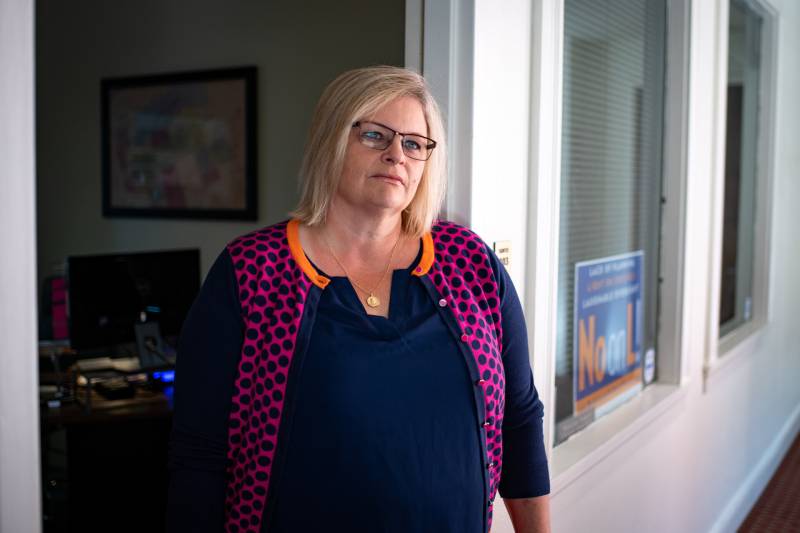Gulbransen has criticized city leaders for misusing money from the measure. The Berkeley Property Owners Association sponsored a competing initiative at the time, Measure DD, that would have implemented a more modest tax increase. Voters rejected that measure despite landlords spending over $780,000.
The association’s initiative would ensure that a portion of the 2016 tax is dedicated to rent relief, raising an estimated $1.2 million annually and creating a new committee to oversee the program.
Berkeley’s current rent relief fund, the Housing Retention Program, is administered by the Eviction Defense Center. Anne Tamiko Omura, Executive Director of the center, called the program one of the best in the Bay Area.
“It has put millions of dollars into landlord pockets and kept hundreds of low-income tenants housed,” she wrote in an email to KQED. “My gut reaction is, ‘If it ain’t broken, don’t fix it.'”
Berkeley Rent Board Vice Chair Soli Alpert said he wants to see more money dedicated to the city’s existing rent relief fund, but he’s critical of the association’s proposal, dismissing it as “a distraction.”
